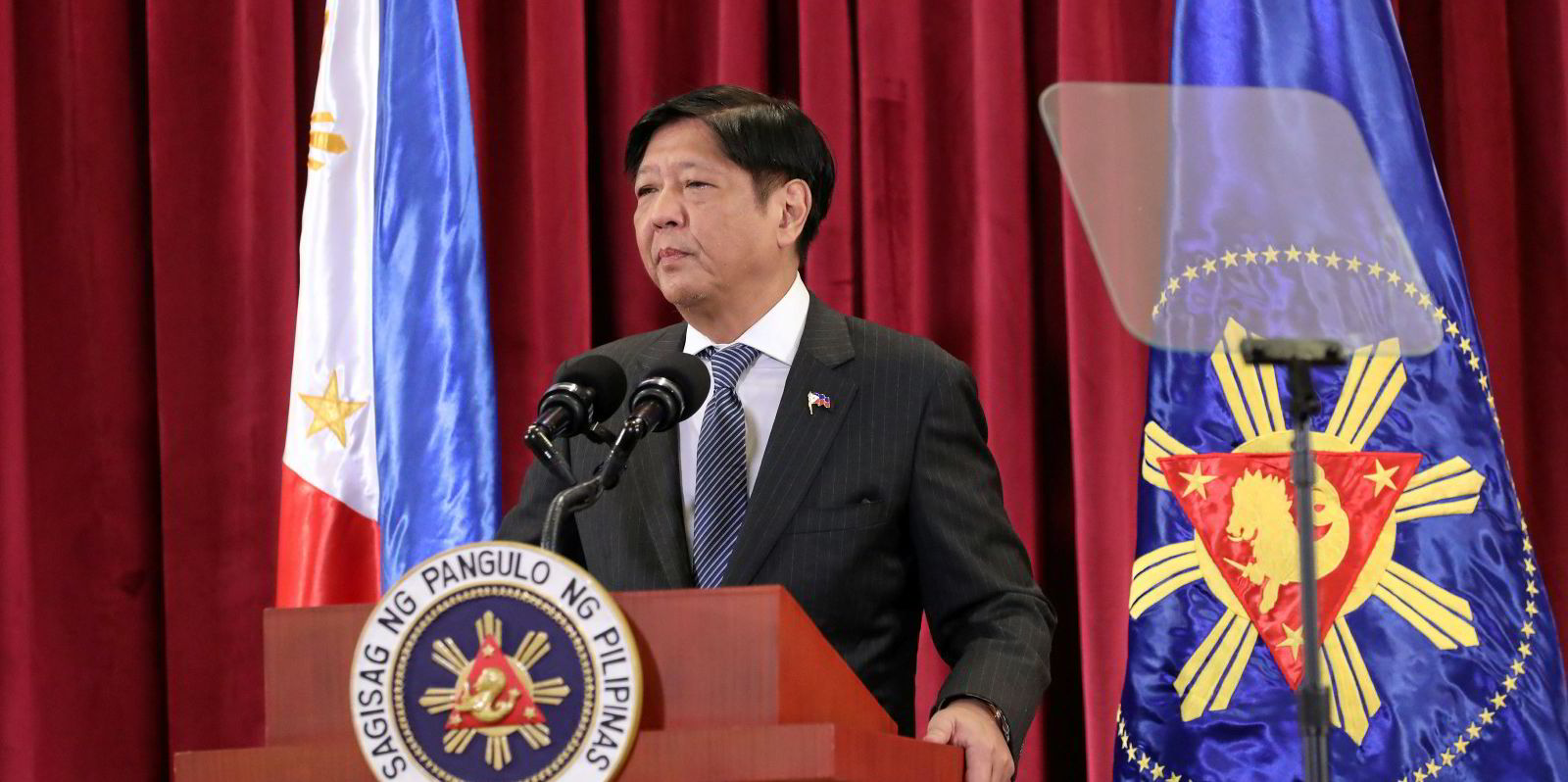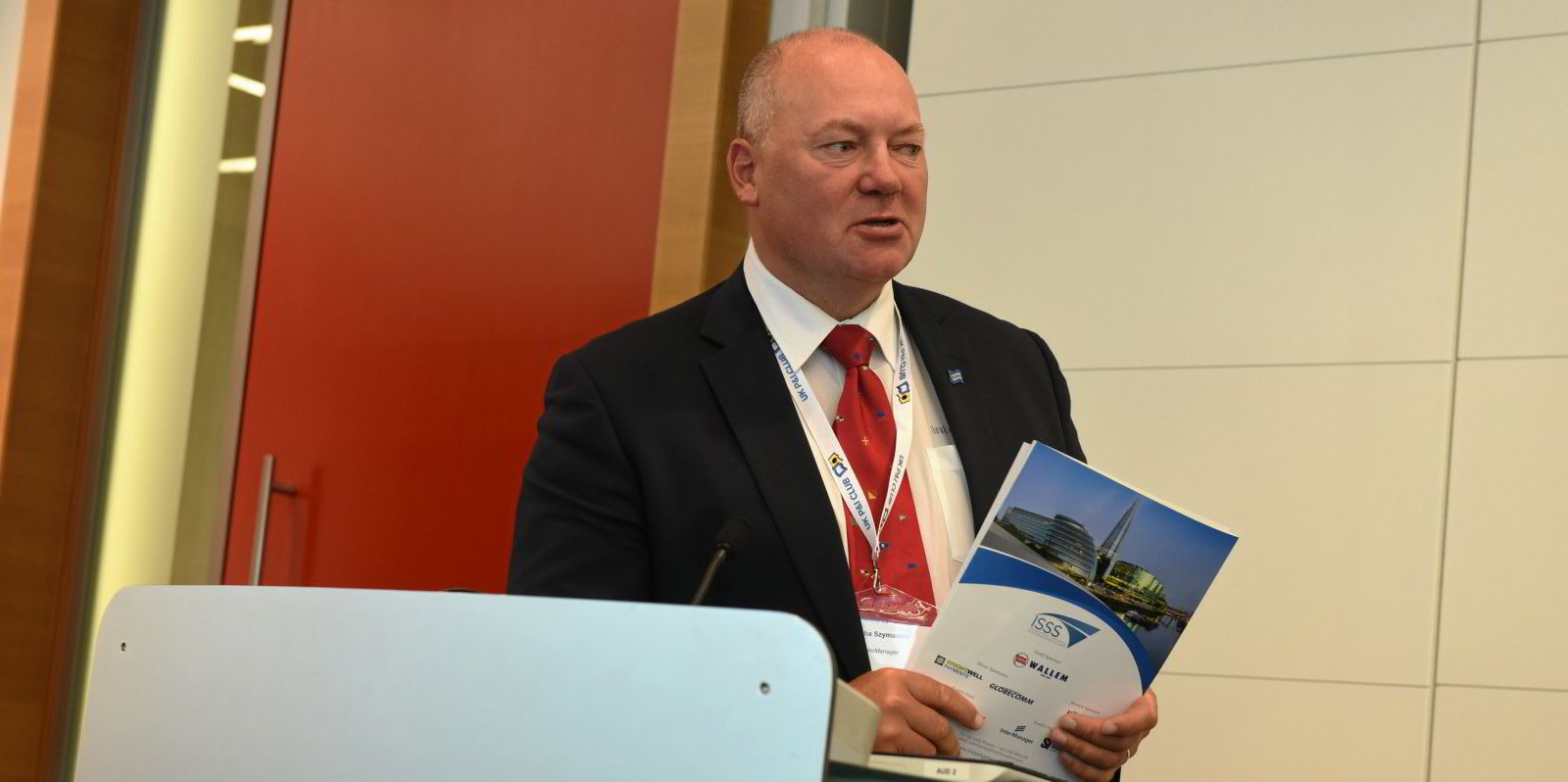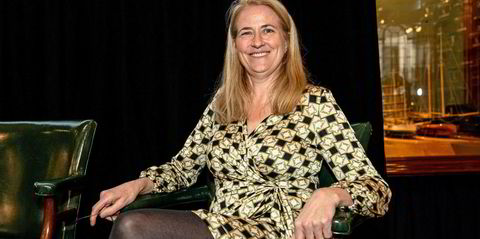The Philippine government has responded to mounting international pressure to reform its seafarer training by setting up a joint government and industry advisory board.
The move comes after a meeting between shipping industry leaders and Philippine government representatives, including President Ferdinand Marcos Jr, in Brussels last week.
The new board is an attempt to address issues raised following the European Maritime Safety Agency’s (EMSA) inspection of Philippine training schools which have highlighted a number of deficiencies.
EMSA routinely monitors training facilities around the world on behalf of EU member states. Withdrawal of its approval for Philippine training schools could mean 50,000 of its seafarers working on EU-flagged ships would be out of a job.
The newly formed International Advisory Committee on Global Maritime Affairs (IACGMA) will include representatives from the International Maritime Employers’ Council (IMEC), the International Chamber of Shipping (ICS), the International Transport Workers’ Federation (ITF) and the International Labour Organization (ILO) to advise the Philippine government.
Marino Party representative Sandro Gonzalez said the IACGMA is the Philippines’ “last chance” to rectify the EMSA’s findings after several years of failing to address the issues.
“There are more than 50,000 seafarers who are endangered of losing their jobs in Europe-based shipping companies if the Philippine government do not act upon it as soon as possible,” Gonzalez said. “This issue has been open for years and we are still navigating our way on how to resolve it effectively.”
“Let us remind ourselves that Pinoy seamen are the most preferred internationally, and we must be proactive in protecting their welfare and job opportunities,” Gonzalez said.
President Marcos said: “Our seafarers are of great importance to the Philippines in many, many ways.” But he added that improvements to training, and changes in the curriculum, will be required. “All of these things have to be ascertained,” he said of the new board.
Days are numbered
There are also concerns in the Philippines that the country’s days as the leading labour supply country may be numbered.
Recent employment figures that showed during the first year of the pandemic there was a 60,000 drop in Philippines seafarer recruitment.
Although recruitment levels have since recovered, as seafarers have become free to travel and join ships again, it looked like other crew supply countries, such as India and Ukraine, had started to take jobs from Philippine seafarers.
According to the UN’s Conference on Trade and Development’s (UNCTAD) shipping review there are around 700,000 Philippine seafarers employed globally which accounts for around $6.5bn of the $30bn earned by Philippine workers’ abroad.
Reforming agenda
Industry groups have also used the opportunity to get other grievances about the Philippine seafarer workforce onto the government’s reforming agenda.
The problem of Philippine seafarers who are duped by unscrupulous local law firms into making excessive personal injury claims will also be looked at.
The seafarers themselves often receive little of the claims settlement, which is usually paid out by the shipowners’ protection and indemnity insurer.
The industry groups claim that the issue is part of the reason why the cost of Philippine seafarers is rising and they are starting to lose their lead in the labour market.
The industry group’s also want to put the issue of upskilling seafarers to handle new decarbonisation technology onto the training revisions.






